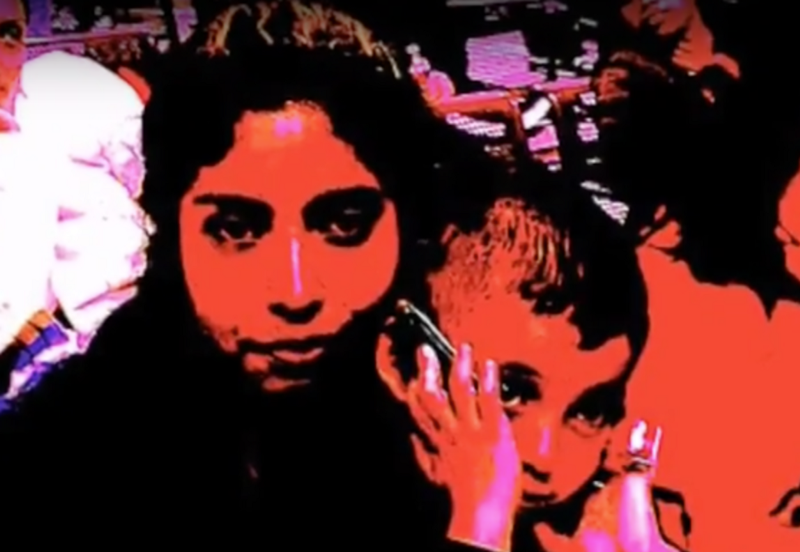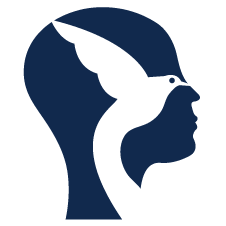A former child refugee reflects on how she pays it forward and invites us to rethink our perspectives on migration

We go sick, without eating, without drinking, without sleeping,
Or when we speak, we do so crying,
Because there is nothing left for more”
In her poem Refugee/Refugiado, volunteer Ana Maria Fores Tamayo describes the brutal and uncertain reality faced by those who flee their home countries in search of a better life.
Her piece was just published as part of UC Davis’ Humanizing Deportation project.
A former child refugee, Ana Maria shared her personal story with IMMPrint and explained why she wrote the poem about what it’s like to be an asylum seeker.
1. What was your experience like as a child refugee?
I was a child refugee, but it was so long ago, I don’t really remember. I wrote a piece about that, but I compared it, too, to the way things are now with immigration. That Was Then; This Is Now. Here it is, if you’d like to read it.
What I do remember from that time as a child, and as a refugee, is the kindness of those who helped my mom, my dad, our entire family. Even if I don’t remember names or faces, as I was too young, I remember their warmth and generosity.
So one thing will always remain clear to me, then:** I have to pay it forward.** Someone helped my family when we came so long ago; now it is my turn to help others.
2. How did you come up with this poem and who is it about?
Working with asylum seekers is heart wrenching, yet satisfying. It is also quite humbling. This is hard labor, but at the same time, this amazing work I do with mostly women and children sustains me. I know that with the little grain of sand I put in with each individual case, the results become amazing.
Even if I cannot help most the way I would want to — given our failed immigration laws — the satisfaction of knowing I have reached someone, I have touched their very soul, and they have indelibly taken mine into their own, just boggles me.
I have learned so much from these women: I am in awe of them. So this poem is about them: it is about their struggles, their pain, their love, their strength. It is a composite of all the incredible women I have met through our Dallas/Fort Worth Refugee Support Network, where we help asylum seekers with their very complex asylum applications at our Pro Se Immigration Clinic, and with so much more. Whatever we can do to help these asylum seekers, we at least try.
3.** What is the one thing you would like people to understand about the refugee/asylum seeker experience that is either misrepresented/misunderstood or simply not talked about?**
Most people do not think about what immigration really means: what borders are**.** They go about their lives not really thinking, because they have never had to contemplate the idea of borders, of migration.
The asylum seekers I work with are mostly here because they are afraid for their lives. They have fled a country they love, they have left people they incredibly miss, but they have done so because life in their beloved country is fragile, and they know their children cannot be safe as long as rampant violence exists within their borders. That environment is filled with corruption, with drugs, with widespread, unbridled killings. Would you like to live in a place like that?
So look to these women, then, and understand why they flee: to help their children, to give them a better life. Life there, with violence at every corner, is unsustainable. And as parents, what wouldn’t we do for our children?
So do we think it’s easy for them here? Do we think they want to be in a country that disdains them, that makes every step for them a living hell, for the most part?
If they could, they would take their country back again, but that is not possible. The country they knew and loved has disappeared, no thanks to the United States.
So what would happen if we put ourselves in their shoes? Would our minds change, if it were our children in danger? Our loved ones? Would we so easily turn them away from safety, knowing that could be one of us, of *our *children? Would we turn our own mother away? Our sons, our daughters?
Think of it from that perspective, as if we were the immigrant.
Would it be so easy to turn away immigrants now?

